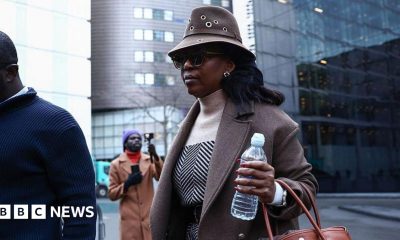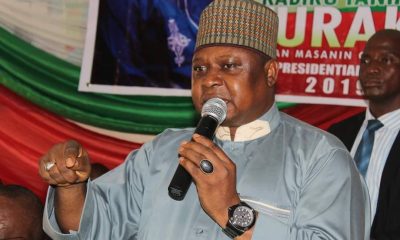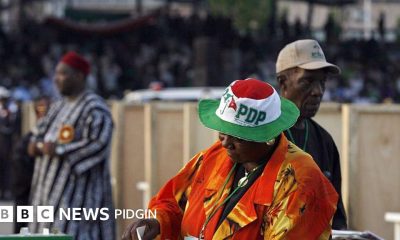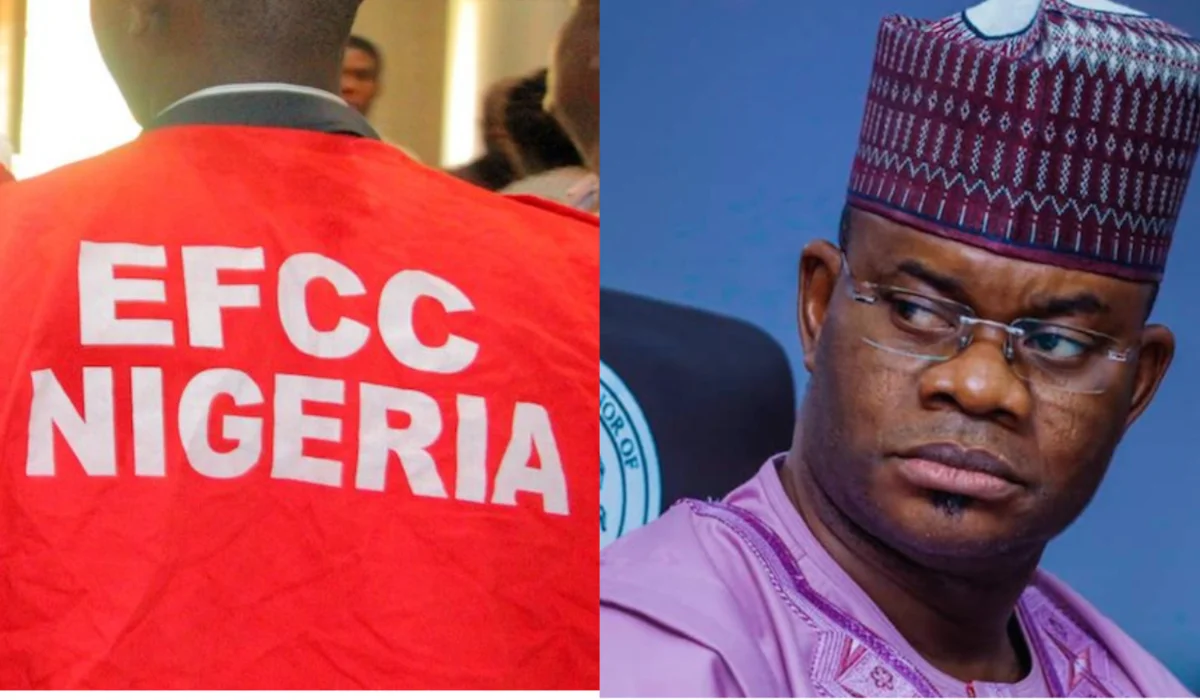The year 2024 proved to be a pivotal one for Nigeria’s anti-corruption efforts as the Economic and Financial Crimes Commission (EFCC) ramped up its crusade against politically exposed persons accused of abusing public trust.
High-profile cases involving former governors, ministers, and public officials highlighted the pervasive issue of financial mismanagement and corruption within the political elite.
OLU AGUNLOYE
EFCC arraigned Olu Agunloye on a seven-count charge relating to the fraudulent award of contracts and official corruption.
The former official faces accusations tied to a $6 billion Mambilla hydropower contract. Suspicious payments from Sunrise Power and Transmission Ltd to Agunloye’s accounts have drawn scrutiny.
In January, Agunloye was granted N50 million bail with strict conditions. However, his preliminary objection to the EFCC’s jurisdiction was dismissed in May. The prosecution has so far called two witnesses and tendered multiple pieces of evidence.
WILLIE OBIANO
Former Anambra Governor Willie Obiano faced a nine-count charge over alleged embezzlement and money laundering amounting to N4 billion.
Accusations claim Obiano diverted funds from the state’s security fund account during his tenure.
The EFCC has called five witnesses in the case, with hearings scheduled to continue in February 2025. Obiano’s case underscores concerns about public fund mismanagement at state levels.
READ ALSO: EFCC re-arraigns ex-Bank PHB MD, Francis Atuche, two others
SALEH MAMMAN
Saleh Mamman, a former Minister of Power, was arraigned on a 12-count charge for conspiracy and money laundering of over N33.8 billion.
The funds were reportedly intended for the Zungeru and Mambilla hydroelectric power projects.
Since his arraignment in July, three witnesses have testified for the prosecution, and further hearings are set for January 2025.
HADI SIRIKA
Former Aviation Minister Hadi Sirika faced multiple charges in two separate cases, including allegations of abusing office by awarding contracts worth N19.4 billion to companies linked to his family. His daughter, Fatima, and her husband were also implicated.
The EFCC has so far called four witnesses, as the cases continue to unfold. The charges against Sirika reflect growing attention on familial conflicts of interest in public office.
ABDULFATAH AHMED
Ex-Kwara Governor Abdulfatah Ahmed’s legal battles evolved significantly in 2024. Initially arraigned on a 12-count charge for mismanaging N10 billion in public funds, the EFCC later filed a fresh 14-count charge alleging N5.78 billion fraud.
Ahmed and his former finance commissioner are accused of diverting funds intended for teachers’ salaries and infrastructure projects. The defendants pleaded not guilty to all charges.
DARIUS ISHAKU
Former Taraba Governor Darius Ishaku was arraigned in September on a 15-count charge, including criminal breach of trust and conspiracy.
Ishaku, alongside a former permanent secretary, allegedly diverted public funds during his tenure. The court granted him N150 million bail pending further hearings.
YAHAYA BELLO
Former Kogi Governor Yahaya Bello’s case was one of the most dramatic of 2024. Initially charged with money laundering and misappropriation of N80.2 billion, Bello evaded several court appearances, prompting an arrest warrant and an Interpol Red Notice.
He ultimately surrendered to the EFCC and faced additional charges of laundering N110 billion. Bello’s bail request was initially denied but later granted at N500 million. His trial has drawn national attention for its complexity and scale.
The EFCC’s high-profile cases in 2024 demonstrate the agency’s commitment to tackling corruption among Nigeria’s political elite.
However, the outcomes of these cases will serve as a litmus test for the country’s judicial system and its ability to enforce accountability.
With several hearings extending into 2025, Nigeria’s anti-corruption drive remains a critical focal point in its broader governance agenda.

 Health1 week ago
Health1 week ago
 Latest2 days ago
Latest2 days ago
 Trends3 days ago
Trends3 days ago
 Crime1 week ago
Crime1 week ago
 Energy6 days ago
Energy6 days ago
 Latest1 week ago
Latest1 week ago
 Aviation1 week ago
Aviation1 week ago
 Latest1 week ago
Latest1 week ago

